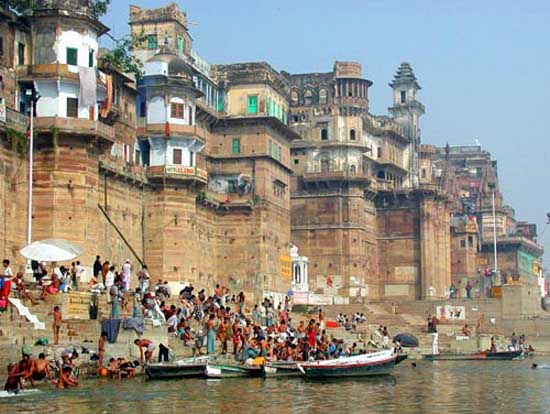
Iran RPCV Richard M. Eaton is Professor of History at the University of Arizona
Essays on Islam and Indian History/Richard M. Eaton. Delhi, Oxford University Press, 2000, 275 p., maps, ISBN 019-565114-6.
Contents: Introduction. I. Historiography: 1. Islamic history as world history. 2. Comparative history as world history: religious conversion in modern India. 3. Multiple lenses: differing perspectives of fifteenth century Calicut. 4. Temple desecration and Indo-Muslim states. 5. (Re)imag(in)ing other2ness: a postmortem for the postmodern in India. II. The Deccan: 6. The articulation of Islamic space in the medieval Deccan. 7. Historical introduction to Firuzabad, palace city of the Deccan. 8. Sufi folk literature and the expansion of Indian Islam. III. Punjab: 9. The political and religious authority of the shrine of Baba Farid. 10. Court of man, court of God: local perceptions of the shrine of Baba Farid, Pakpattan, Punjab. IV. Bengal: 11. Who are the Bengal Muslims? Conversion and Islamization in Bengal.
"Spanning some twenty five years of research and writing, the essays in this volume broadly fall into two categories--historiography and Indo-Islamic civilization. The first three essays explore the place of Islam in world history, religious conversion as a world historical theme, and Calicut in world history. The fourth essay, following current concerns with the political status of religious monuments, examines the history and historiography of temple desecration in pre-colonial India. The fifth essay traces the evolution of India's Subaltern studies movement as it encountered post-modernism and 'cultural studies' in the 1980s and 90s, suggesting why this is relevant to India's pre-colonial history.
"The remaining essays are case studies that investigate how, between the thirteenth and twentieth centuries, Islamic culture took root and flourished in three South Asian regions--the Deccan, Punjab, and Bengal. Historically, the long encounter between Islamic and Indic civilizations stirred remarkably creative energies among peoples of the subcontinent, producing one of the most vital centres of Islamic culture in the world. How did this happen? And why did the number of Muslims come to dominate in some parts of South Asia but not in others? These essays propose answers to these important questions." (jacket)
[Richard M. Eaton is Professor of History at the University of Arizona, Tucson, USA and a leading historian of Islam. His previous works are Sufis of Bijapur 1300-1700: Social Roles of Sufis in Medieval India and The Rise of Islam and the Bengal Frontier.] No. 18360
